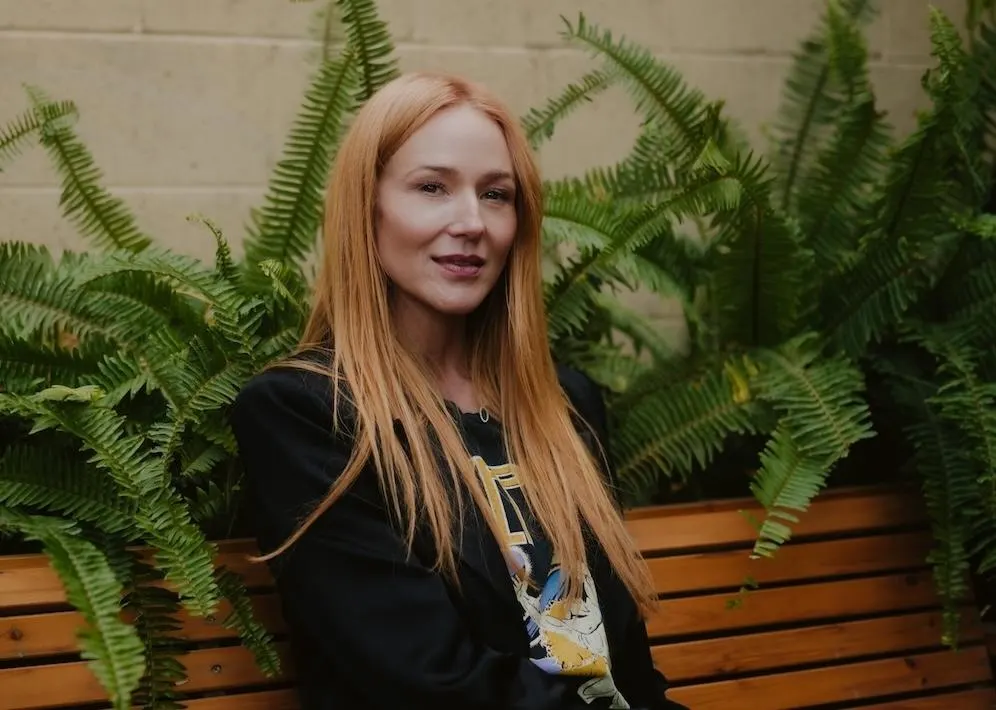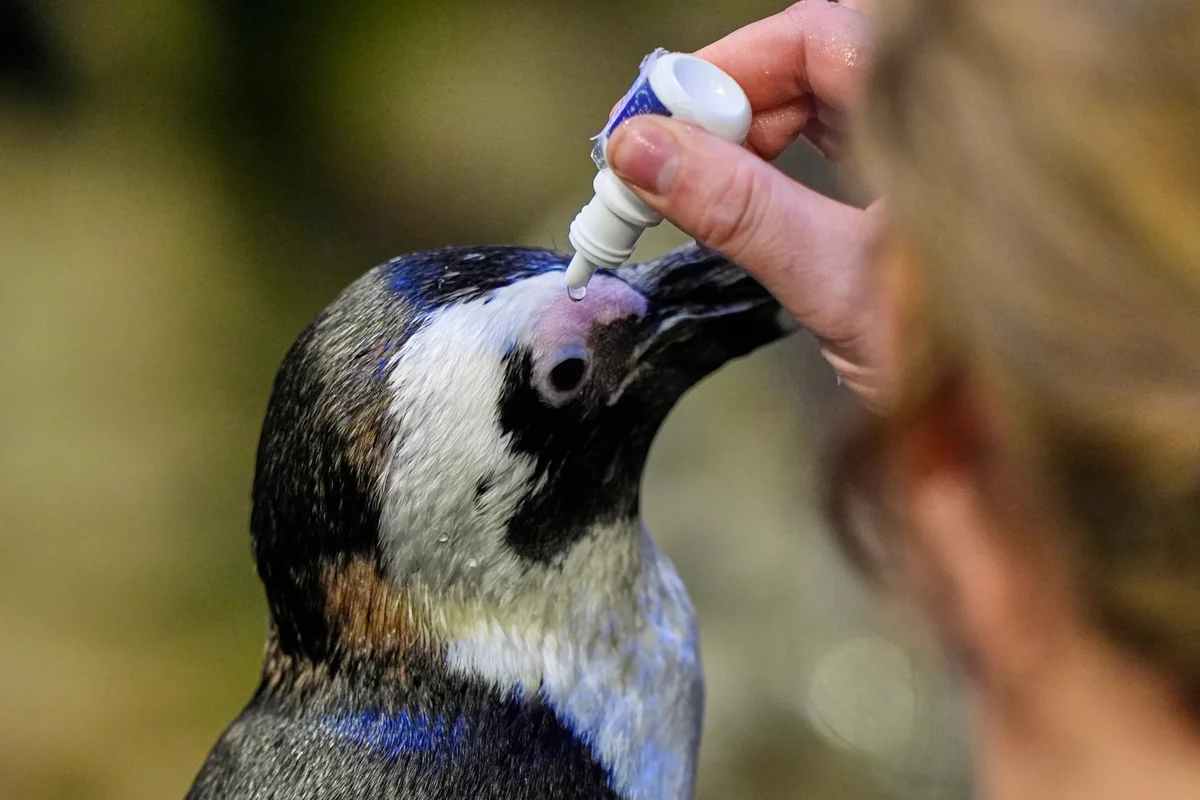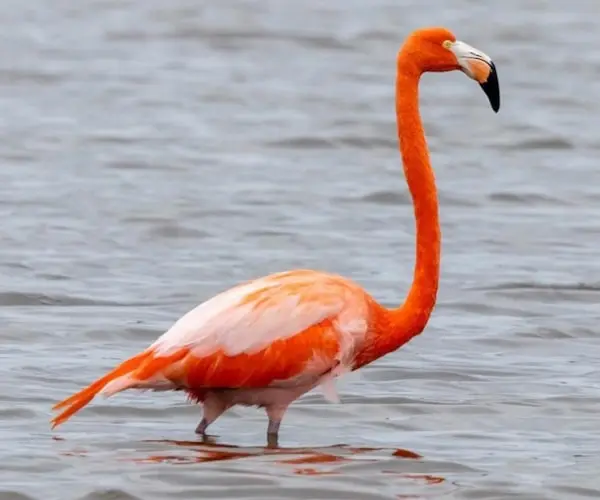Copyright Forbes

In 1999, with her hit song Hands dominating radio and her career at its peak, Jewel made an unprecedented decision: she quit. "There was no phrase like 'mental health break' back then," she tells me during our conversation on The Failure Factor podcast. "The level of fame I achieved didn't work for me. It didn't make me happy. I found it deeply triggering." She didn’t know it then, but that commitment to mental health would one day shape a movement. Her #NotAloneChallenge—which launched its fourth annual campaign last week—has generated over three billion social media impressions and raised more than $3.5 million since 2022. And on November 11, the four-time Grammy nominee will take mental health mainstream with her inaugural Not Alone Awards at Wynn Las Vegas, to be broadcast live on iHeartRadio’s YouTube channel. It’s a primetime celebration of those transforming how we talk about mental health—proof that the young woman who chose emotional stability over stardom was decades ahead of her time. Guided By The Alaskan Wilderness Jewel (born Jewel Kilcher) grew up on a homestead in Homer, Alaska—no running water, only an outhouse, and a coal stove for heat that often went out in the night. Her mother left when she was eight. Her father was a Vietnam veteran who numbed his pain with alcohol, resulting in an abusive environment. MORE FOR YOU Still, from a young age, Jewel performed alongside him in bars and taverns to make ends meet. The experience shaped her early understanding of mental health. "I had a front row seat to seeing how people coped with pain," the fifty-one-year-old explains. Watching people try to avoid their pain through drinking and drugs, she saw that "nobody won." This would seed a promise to herself to never drink or use drugs—and to face problems head-on as they arose. At fifteen, Jewel realized moving out on her own was the only choice for a safe environment. "Those movies don’t end well for kids like me," she reflects—and statistics back her up. More than half of children who experience abuse go on to face domestic violence as adults. Without parents around to guide her, she turned to nature for wisdom. She studied the trees—noticing hardwood growing slowly but lasting centuries, while softwood grew quickly yet fell quickly. Her life motto became "Hardwood grows slowly," a mantra that would remind her resilience developed over time. She also turned to the ocean for lessons. She recalled a time when, while battling depression at thirteen years old, she sat on the beach and watched the tide retreat for hours—ultimately receiving comforting teaching in impermanence. “The culmination of life is change…and I was part of that," she explained. “And then it was oddly very arrogant of me to think that my mood wouldn’t change—that this depression wouldn’t —because I was part of nature, I was part of physics.” After graduating from Interlochen Arts Academy in Michigan on a partial scholarship, she moved to San Diego to care for her mother, who had heart disease. However, when she refused a sexual proposition from her boss, Jewel lost her job and was evicted. Soon she was living in her car, and shoplifting to survive. But when that escalated from stealing food to stealing frivolous items, she realized it had become her own version of alcohol—a way of avoiding her reality. “I had to get very serious [about change] because I was going to die or end up in jail," she tells me. So she reached again for the wisdom of the Alaskan wilderness that had raised her. "Buffaloes are the only animals that head into a storm instead of running from it," she explains. "The quickest way through is straight ahead." Applying this philosophy, Jewel turned to writing as a tool to face her destructive patterns. "I was a prolific thief, so I became a prolific writer," she laughs. Through songwriting, she discovered she could combine poetry and music and “make [her] own medicine.”—like an inner parent to comfort her, she wrote songs that expressed what she needed to hear. "It was like having a balm," she recalls with a smile. The same instincts that taught her to weather emotional storms would soon guide her through the whirlwind of the music industry. Turning Down A Million-Dollar Record Deal Jewel started performing at San Diego coffee shops to earn a meager living. At first, two people came…then four, then hundreds. A bootleg hit local radio. Labels descended. One offered her a million-dollar signing bonus—what would have been a golden ticket for almost any homeless teenager more than thirty years ago. She turned it down. "I didn’t want that kind of stress. It was like a big loan basically,” she explains. She also recognized that adding fortune and fame to trauma was "a recipe for disaster." She’d read the biopics—how they’d seemingly all ended the same tragic way. She made another promise to herself: "My number one job was to be a happy, whole human—not a human full of holes." Instead of the advance, she negotiated for one of the largest backend deals an emerging artist had received, betting on longevity over quick cash. The gamble worked, but the success that followed brought its own storm. Fame came fast—and with it, the anxiety she’d been running from. Finding Intelligence In Her Anxiety Overnight, the girl who once sang to a handful of people in coffee shops became a household name with hits like You Were Meant For Me and Who Will Save Your Soul. But fame triggered the anxiety and panic attacks she'd secretly battled for years. This time, though, Jewel found the wisdom in her discomfort—she saw anxiety as an ally with an important message, not an enemy. "It’s like food poisoning," she shares. "If you eat something bad and you throw up, you shouldn't be mad at throwing up. You should get curious about what you ate." After her second album, the message became clear: this level of fame was toxic for her well-being. She chose to step back from the spotlight and space albums years apart—an intentional strategy to kill momentum but maintain sanity. "It was unheard of," she says. Less fame meant less money and a more difficult career path, but for Jewel, the math was simple—her peace was worth more than platinum records. This decision would became the foundation of everything she would build next. From Personal Healing to Public Mission Around the same time she deprioritized fame, Jewel co-founded the Inspiring Children Foundation. Over the last twenty-five years, it’s served thousands of at-risk youth in Las Vegas—with ninety-five percent of students in the organization’s Leadership Program earning college scholarships. In 2022, students in her programs proposed an idea that would reach far beyond their classrooms. The #NotAloneChallenge invites people to create short videos sharing their mental health stories, then challenge three friends to do the same—spreading vulnerability virally. In addition to the billions of impressions and millions of dollars raised, the challenge has received celebrity support from Billie Eilish, Paris Hilton, Lionel Richie, and dozens more. And this year’s inaugural Not Alone Awards will offer a creative evolution of the challenge, giving mental health a literal stage. With teen suicide rates doubling over the last twenty years and half of Americans lacking access to mental health resources, her initiatives couldn’t come at a more critical time. As a homeless teenager who once turned down a million dollars, Jewel understood something most of us take a lifetime to learn: nothing matters more than our mental health, and we all have the right to advocate for it. "We are all architects of our lives…it is our divine right and our responsibility to make sure they work for us. Keep experimenting. Happiness is your birthright—keep fighting for it."



